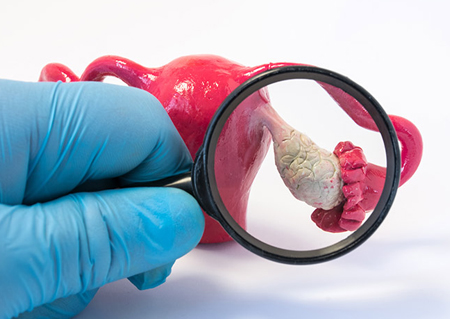Feel free to refer yourself or a family member directly by completing an inquiry form.
Lifestyle Disease Management
Lifestyle disorder is a disease connected with the way people live. Diet and lifestyle are major factors through to influence susceptibility to many diseases. The important factors that accord to lifestyle disorders are low physical activity, food habits, disturbed sleeping patterns, competitive living. The good factor lifestyle disease is they are reversible and can be prevented from causing serious damage to the overall health.
An effective way to prevent Lifestyle diseases :
- Diet.
- Regular exercise.
- Weight control.
- Abstain and substance abuse.
- Control blood pressure and sugar.

Obesity
Obesity is a complex disease involving an excessive amount of body fat. It is different from being overweight. The weight may come from muscle, bone, fat, or body water. Obesity is not just a cosmetic consideration. It is a chronic medical disease that increases the risk of other diseases and health problems such as diabetics, high blood pressure, heart disease, and certain cancer. Even modest weight loss can improve or prevent the health problems associated with obesity. The treatment of obesity is an ongoing long process.

Diabetes
Diabetes mellitus is a metabolic disorder characterized by the presence of hyperglycemia due to defective insulin secretion, defective insulin action, or both. Diabetes symptoms vary depending on how much your blood sugar is elevated. Some people, especially those with prediabetes or type 2 diabetes, may not experience symptoms initially. In type 1 diabetes, symptoms tend to come on quickly and be more severe.

PCOD
PCOD is a hormonal disorder common among women of reproductive age. It is a problem in which a women’s hormones are out of control. It causes problems with menstrual periods and makes it difficult to conceive. The symptoms of PCOD are abdominal weight gain, irregular periods, male pattern hair loss, and infertility. The best treatment for PCOD often looks at reducing the severity of such symptoms.

Cholestrol
Cholesterol is a waxy substance found in the blood. The body needs cholesterol to build healthy cells, but high levels of cholesterol can increase the risk of heart disease. High cholesterol can limit blood flows, increasing the risk of heart attack or stroke. High cholesterol typically causes no symptoms. It is detected by a regular blood test. A healthy diet regular exercise and sometimes medication can help reduce high cholesterol.

Thyroid
The thyroid is a gland. It produces Thyroid-stimulating hormone, which travels to the majority of the organs of the body throughblood. It plays a major role in body metabolism. The thyroid has a catalytic role in burning calories and increasing heartbeats. Thyroid disorder is a medical condition that affects the function of the thyroid gland. It doesn’t allow the thyroid to produce the proper number of hormones thereby, making the body systemimbalanced. This hormonal disorder not only disturb the system but also causes numerous chronic diseases

Hypertension
Hyper tension is also known as raised blood pressure,is a long-term medical condition in which the blood pressure in the arteries is persistently elevated.Most people with high blood pressure have no signs or symptoms, even if blood pressure readings reach dangerously high levels.









